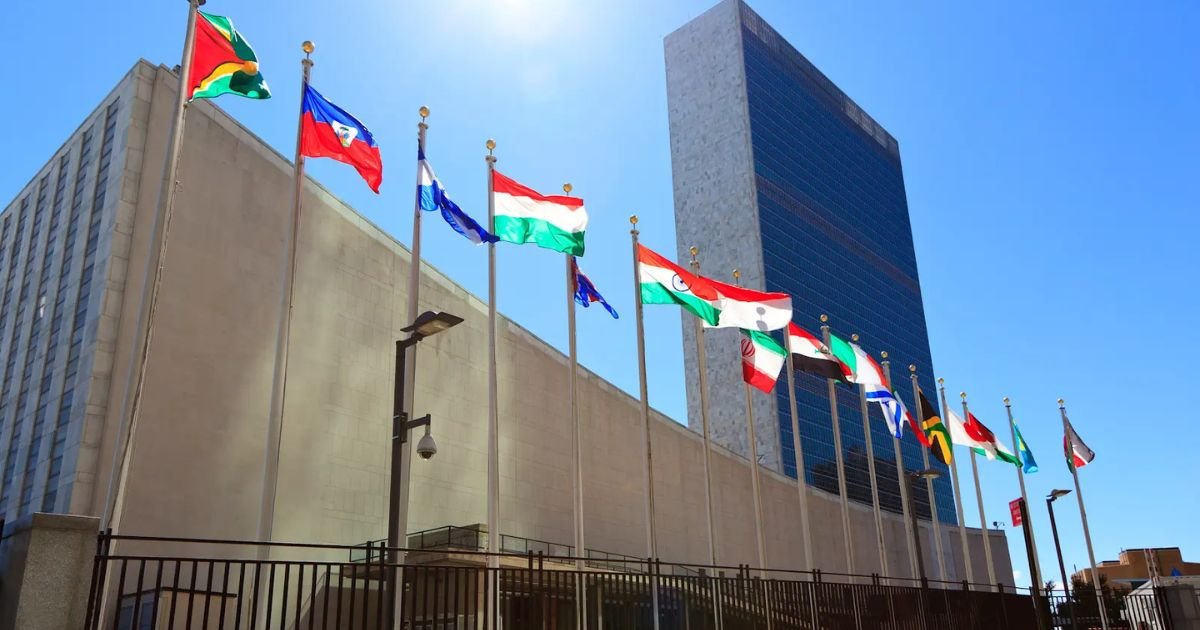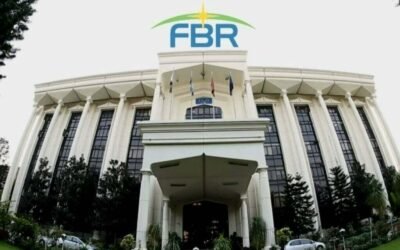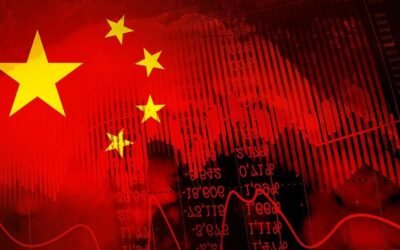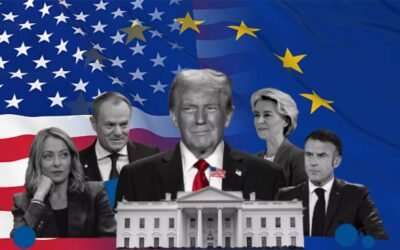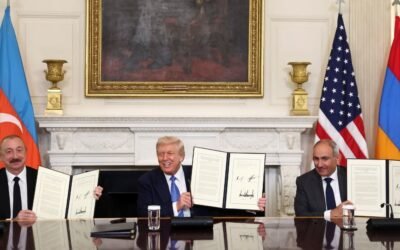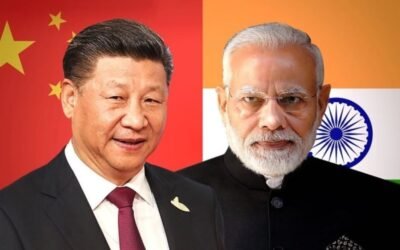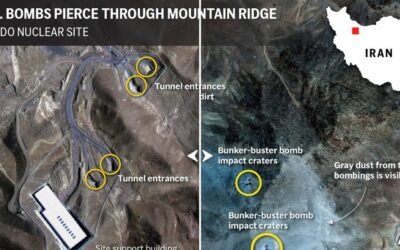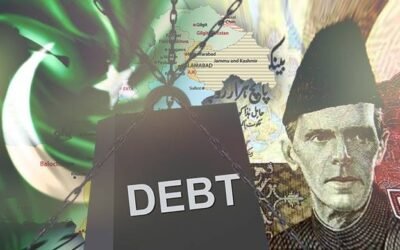In a major diplomatic effort, France and Saudi Arabia co-hosted a high-level summit today on the sidelines of the UN General Assembly, New York to build international momentum for a two-state solution and coordinate the formal recognition of a Palestinian state by dozens of nations. The summit, which saw key nations including the United Kingdom, Canada, Australia, and Portugal formally announce their recognition of Palestine, is a direct response to the escalating conflict in Gaza and Israeli plans to expand settlements in the West Bank.
The gathering underscores a growing global consensus that a political resolution is urgently needed to prevent the complete erosion of a viable two-state solution. While the recognition is largely symbolic in the absence of a negotiated agreement, it signals a significant shift in diplomatic support and highlights the increasing international isolation of Israel.
The summit proceeded despite a joint boycott by the United States and Israel. Israeli U.N. Ambassador Danny Danon criticized the event as a “circus,” while Israeli officials have indicated that a potential response could include the annexation of parts of the occupied West Bank. Such a move, however, has been warned against by key regional partners, including the United Arab Emirates, as a “red line” that would undermine the spirit of the Abraham Accords.
French Foreign Minister Jean-Noel Barrot emphasized that the decision to recognize a Palestinian state is a “symbolic, immediate, political decision” that affirms France’s commitment to peace and is a rejection of Hamas. The move is aimed at re-energizing a diplomatic movement previously led by smaller nations and placing it at the forefront of the global agenda.
The gathering took place as Israel continued its ground assault on Gaza City. Palestinian and Israeli citizens voiced their divided perspectives, with Palestinians expressing skepticism about the practical impact of the recognitions and Israelis recalling past peace offers they say were rejected.
The summit and the subsequent formal recognitions represent a clear diplomatic challenge to both the Israeli and U.S. governments, signaling that a growing number of nations believe the time for symbolic action has arrived, even without a broader peace deal in place.
You May Like To Read:
- Spain Threatens to Boycott 2026 FIFA World Cup if Israel Participates
- U.S. Revokes Sanctions Waiver for India’s Chabahar Port
- U.S. President Trump Threatens “Bad Things,” Afghan Officials Vow Resistance
- Pakistan to Import First-Ever US Crude Oil Cargo in Landmark Deal
- Prime Minister Orders Urgent Upgradation of Meteorological Department’s Early Warning System

